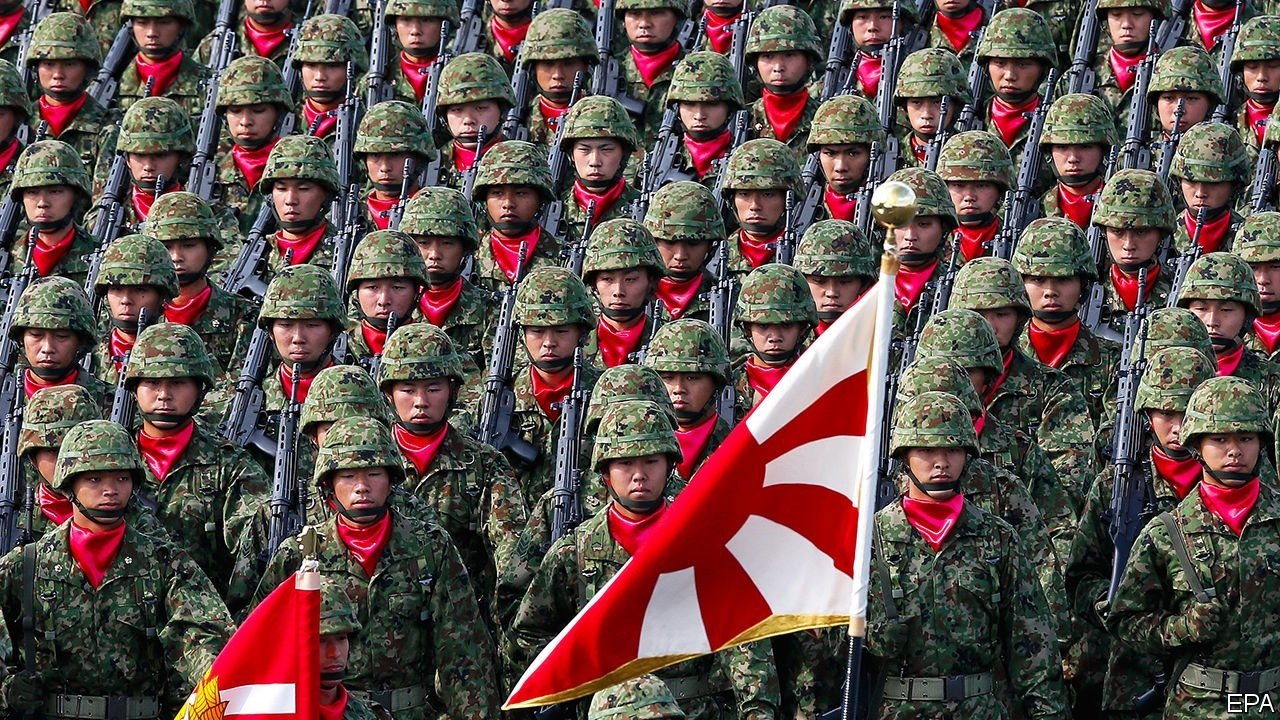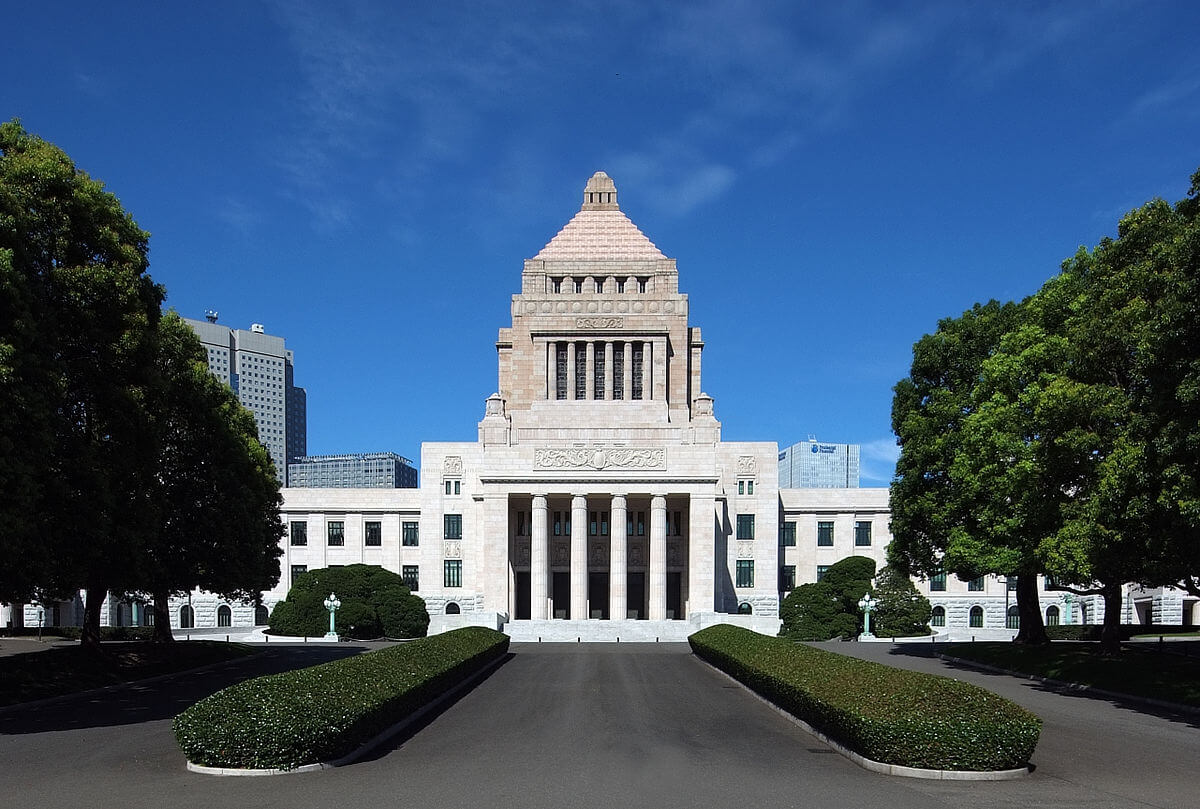In a bid to bolster its air and maritime defences against the rising threat posed by China, Russia, and North Korea, Japan has added $6.75 billion to its already record annual military spending. The new military spending was announced by Prime Minister (PM) Fumio Kishida’s government on Friday as part of a supplementary budget.
The additional funding will allow the Japanese defence forces to upgrade their surface to air missile launchers three months ahead of schedule. The launchers are strategically located on islands at the edge of the East China Sea, while the Patriot PAC-3 missile batteries placed elsewhere are Tokyo’s last line of defence against incoming North Korean warheads.
In addition, the country’s Defence Ministry said that the cash will enable Japan to acquire anti-submarine missiles, maritime patrol planes, and military cargo jets more quickly. The plan also includes pre-payments to defence contractors for equipment to help them deal with disruptions caused by the coronavirus pandemic, which have hurt contractors’ finances.
“As the security environment around Japan worsens at unprecedented speed, our urgent task is to accelerate the implementation of various projects,” the Defence Ministry said in its spending proposal.
According to Japan’s Ministry of Defence, while additions to defence spending are not unusual, the latest military spending that lawmakers approved last week is the largest amount in the country’s history. Combined with the $46.7 billion initial budget for the fiscal year 2021, which started in April, the total defence budget for this fiscal year reached more than $52 billion and is the nation’s highest ever.

In fact, Japanese defence spending has hit a record high for the seventh consecutive year and has surpassed the country’s decades-long cap of spending only up to 1% of its gross domestic product (GDP) on military expenditure. In fact, during the election pledges taken by Kishida’s ruling party in October, the party set a goal of almost doubling the nation’s defence spending to 2% of its GDP.
The expanded military budget is an indication of the new PM’s commitment to continue the assertive defence policies of his two predecessors, Shinzo Abe and Yoshihide Suga, of expanding Tokyo’s influence in the contentious Sea of Japan, the East China Sea, the South China Sea, and the wider Western Pacific and Indo-Pacific regions at large.
On Friday, the Japanese Diet also approved its first extra budget for this fiscal year, totalling $315 billion, to help cushion the blow of the COVID-19 pandemic on the country’s economy. The new budget features cash payouts to households with children and financial support for corporations. The move is seen as the government prioritising economic growth over fiscal reform under a wealth distribution policy dubbed “new capitalism.”
The extra spending will be financed by additional government bonds worth 22 trillion yen ($193.9 billion), which have heightened concerns of rising government debt. Combined with the additional defence expenditure, the latest supplemental spending approved for the year until March 31, 2022 total up to almost 1.3% of Japan’s GDP.

